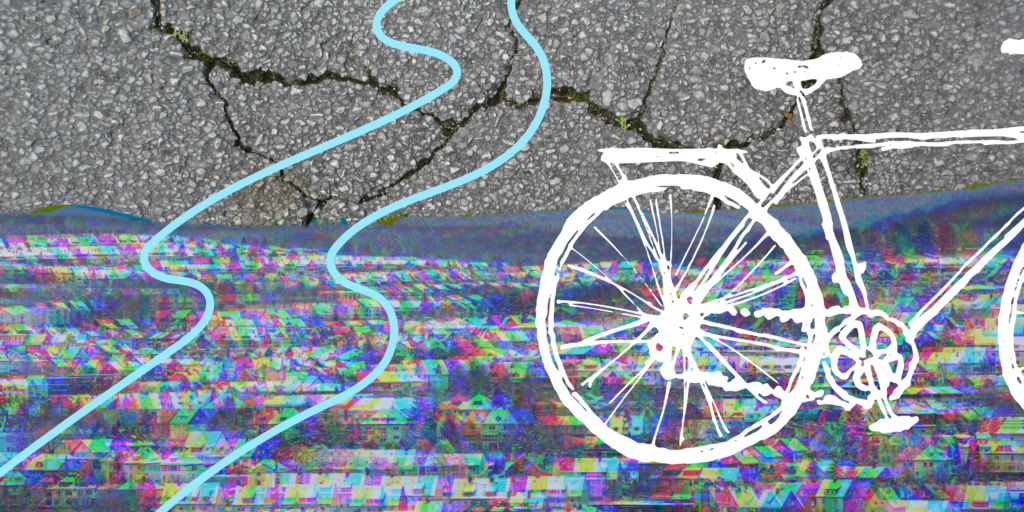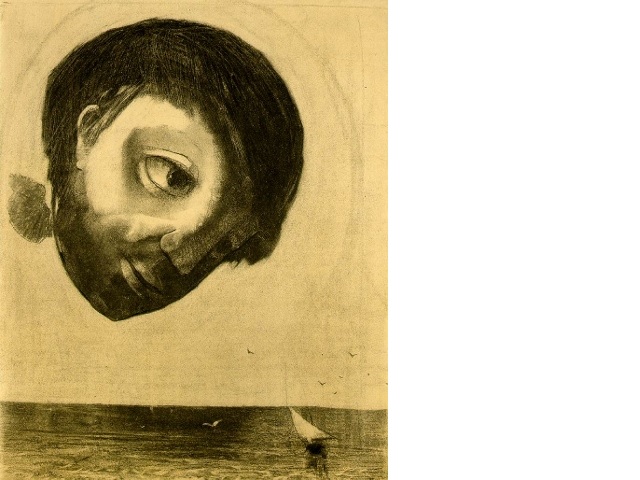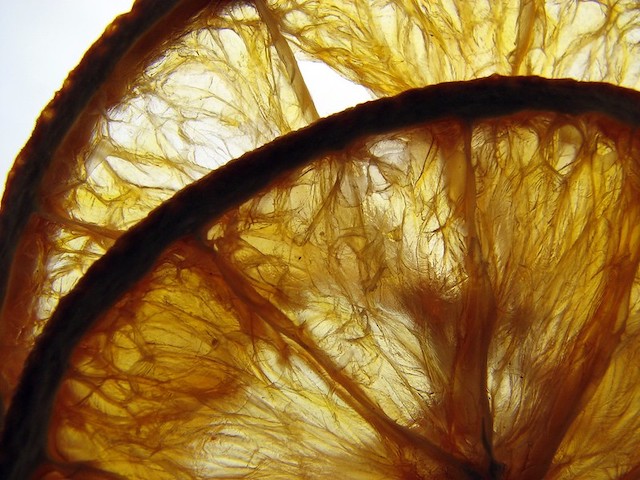She remembers the rituals she had imbued with her own significance: how her ex used to bring her a single flower after every exam, and how she’d watch it wilt on her desk as she studied for the next.

She gets the email on a Tuesday night. It flashes onto her slightly cracked phone screen in the ten minutes after finishing dinner and before her body is ready to get up to wash dishes. She sits on the couch that doesn’t face the TV because there is only one outlet in the living room. She wonders whether her neck muscles are lopsided from craning to the right, but the couch has remained in its illogical place since the day it arrived.
When she moved into the apartment, they were together. They went on morning runs, and he reintroduced her to vodka, which she had sworn off after one night in college: the vodka had been peach-flavored that evening, poured from a plastic bottle, and she sometimes could still feel it in the back of her throat. But this vodka was plain, “potato-flavored,” she called it to make him laugh, and he bought her a bar cart for her twenty-ninth birthday. He told her, “Only one more year.”
On this Tuesday, she makes herself breakfast for dinner. Just this past summer, at the Airbnb where they reunited—despite her intentions to make better decisions in her thirties—she had perfected her pancake flip. Tonight, the pancakes are without syrup, but as she opens the email, she still feels her fingertips stick a moment too long to her broken phone case. She pulls up the tab to buy a new phone case almost weekly, but she never follows through.
“This is an unorthodox request,” reads the email from her old anatomy professor. “But it’s one we get from time to time.”
The organization through which the bodies had been donated had reached out to the school. They had been able to trace the body back to her small group from a decade ago—the body’s wife wanted to know how her young husband had contributed to the world.
She imagines the wedding this woman must have had, and the subsequent funeral, and she feels a pang of unfair envy for the clarity that comes with ceremony. She remembers the rituals she had imbued with her own significance: how her ex used to bring her a single flower after every exam, and how she’d watch it wilt on her desk as she studied for the next. She remembers that her mother told her it was okay to mourn a breakup because loss is loss and grief is grief, and then she feels selfish for equating his leaving to this woman’s, this wife’s, true tragedy.
“If you could include a few lines about where you are now and what you have done since graduation, we will pass them along to the family,” the professor has written. “It would mean a lot, and we hope you are staying well!”
The cc’d line includes bodies she will always associate with the smell of formaldehyde, the memorization of muscle origins and insertions, promptly brain-dumped. There is the classmate who drove her home on the day that her car broke down in the movie theater parking lot, the one who matched to the same residency program as she did and then dropped out to work at a startup where they had sushi lunch on Wednesdays.
As she does the dishes, she anticipates her cc’d classmates’ responses. She imagines the cardiology fellow typing on his commute home, reporting back promptly on his stats: lives saved, papers published, awards won. She wonders if he also remembers the way the man—or as she’d thought about it at the time, the body—had a fused rhomboid muscle where there should have been two, a major and minor. The whole group had marveled at every extra arterial branch inside this man’s, this husband’s, body. She remembers feeling lucky she didn’t have one of the older cadavers, the ones that had seen full lives and grandchildren and generations, but that also had atrophied muscles.
She scrubs the butter and batter off the pan. Those ten minutes between dinner and being ready to wash dishes will accumulate and add up to hours, days. She flashes back to standing at the kitchen sink in those last days and listening to her then-boyfriend repeat, more to himself than to her, “We’ll just have to take it step by step.”
She washes the sticky off her hands and starts typing back a response.



